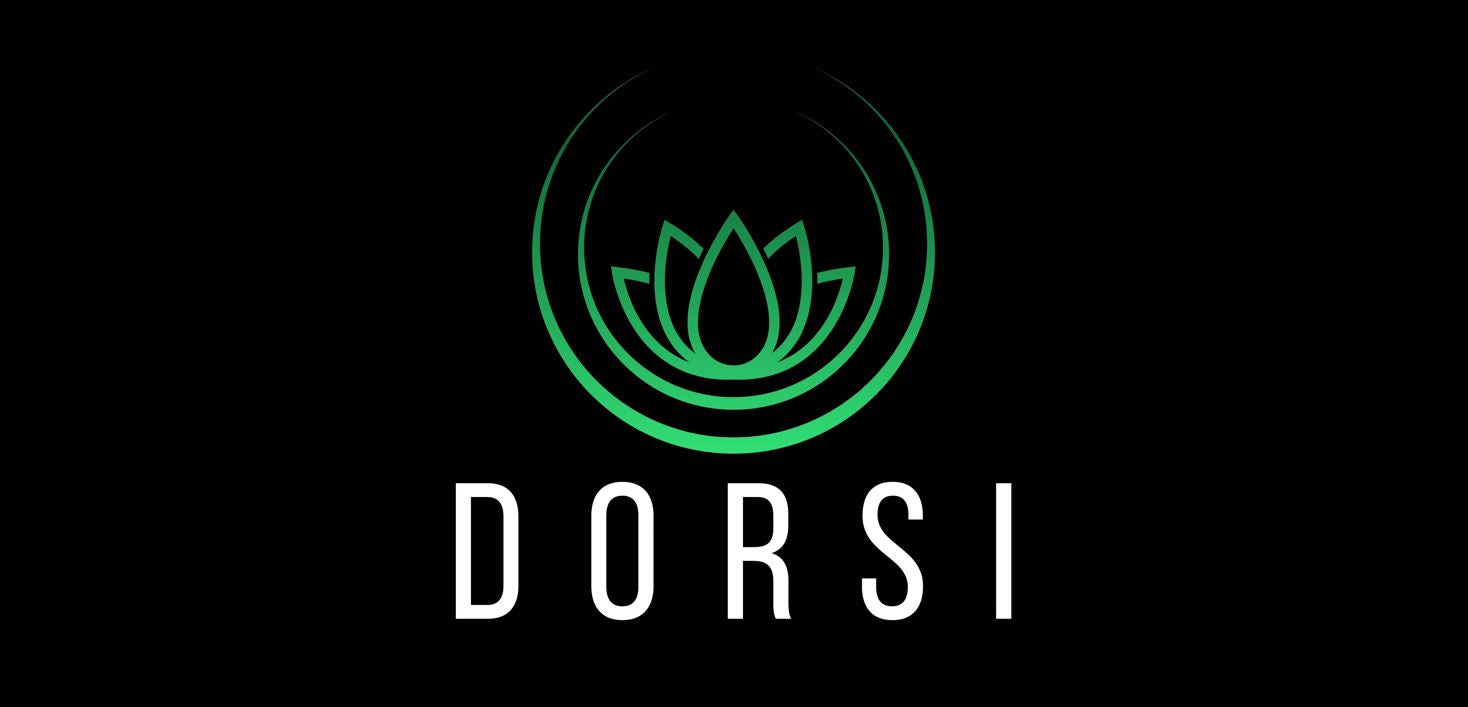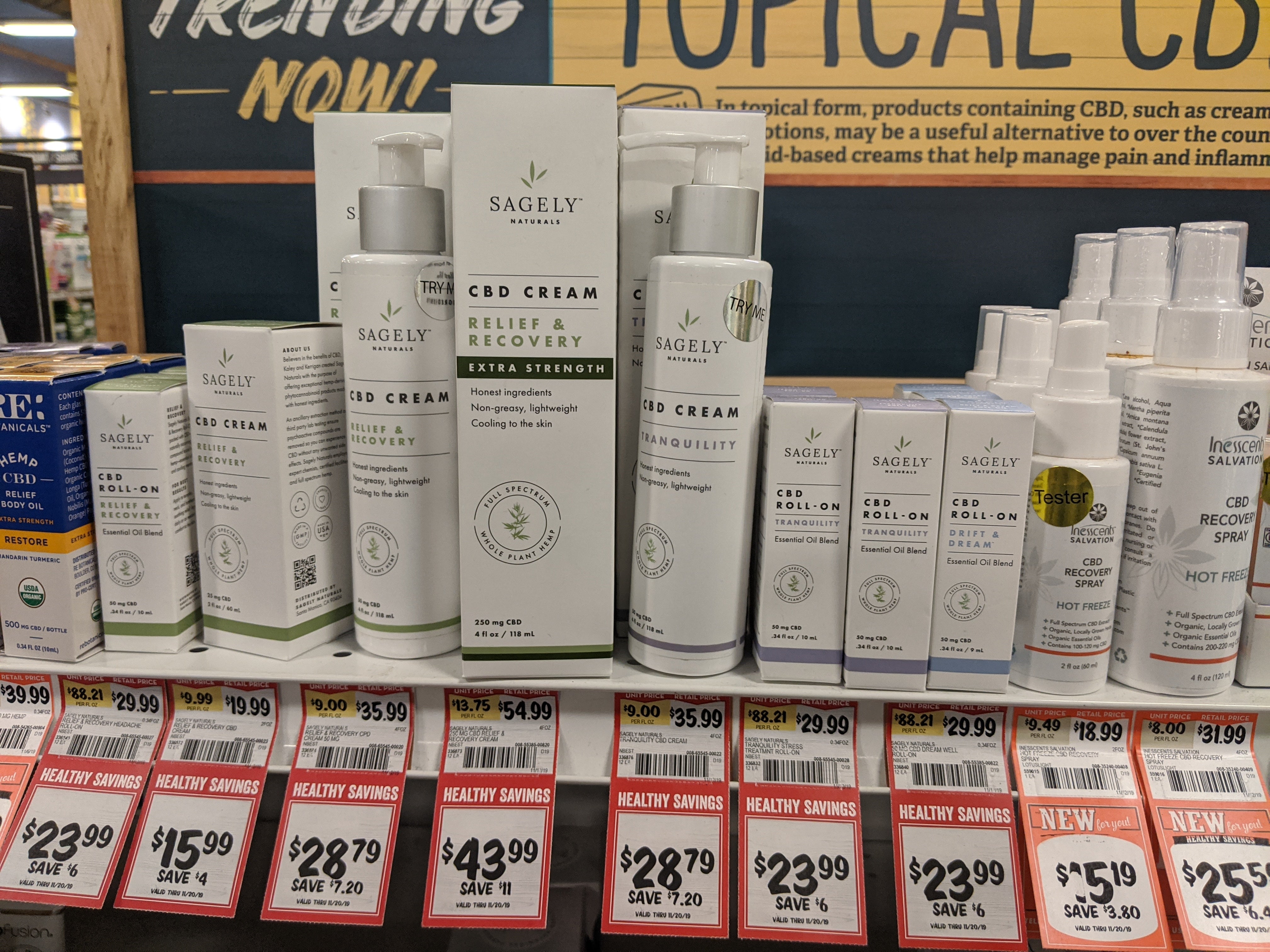
20 CBD Trends in 2020
The Growing CBD Industry
By now you have more than likely heard of CBD the popular cannabinoid that exploded late in 2018 after the legislation passed the 2018 Farm Bill. A combination of legalization, customer demand, and new market entry paves the way for a booming industry and some analysts believe the industry can experience a 107% compound annual growth (CAGR) up to 2023. For all the upside in the market CBD is going through a renaissance of sorts and 2020 may be the year of some major change within the industry. Here are some of the 20 trends we expect to see in 2020.
1. Mergers and Acquisitions
Cronos acquired a small CBD company for $300 million in late 2019. Tilray, another publicly traded cannabis company acquired Manitoba Harvest in 2018. Watch this trend of publicly traded cannabis companies acquiring smaller CBD retailers and producers to continue and intensify in 2020.
2. Expansion into (more) Brick & Mortar Retail
Even though Curaleaf’s deal with CVS did not fall through due to the FDA’s warning letter to Curaleaf expect continued expansion into retail for CBD products. DSW and American Eagle are two unexpected retailers selling CBD in stores. 2020 may be the year CBD enters more retailers, grocery stores, and pop-up shops due to more information about the industry and brands learning from past mistakes.
3. Availability on Online Selling Platforms
As of early 2020 CBD is still not sold on Amazon, the platform that controls 50% of e-commerce sales in the US. A consumer may be able to find “Hemp Oil” but more than likely it is hemp seed oil, not cannabidiol. If you do find a legitimate CBD product on Amazon, they may be gone tomorrow as per Amazon’s policy on CBD products. Look for Amazon or other platforms such as Ebay, Bonanza, and Mercari to run a pilot program, similar to what Square did for payment processing, to test the CBD market with reputable companies.
4. Increase in Traditional and Digital Advertising
Our money is on more Out of Home, or Billboard ads for CBD in 2020. Radio, Newspaper, and TV will also see increased spend by CBD companies in 2020 as many of these mediums look to increase top line revenue. Digital advertising remains a bit complicated. You will always get cbdMD and CBDdistillery ads via Tabula and programmatic display, but the big question remains if Facebook and Google will open the flood gates for all CBD companies and products. Even if this does not happen you can expect CBD messaging to be everywhere else.
5. Price Decreases
Farming and processing will become more efficient in 2020. Combine that with increased competition from a number of sellers and brands for limited shelf space and we predict pricing will decrease for customers later in 2020.
6. More Regulation (for some)
The FDA sent many cease and desist letters to companies who touted overexaggerated claims about their CBD products. Look for more regulation when it comes to the FDA in regards to over exaggerated health claims and companies that mix CBD with food products.
7. New Product Developments
CBD was in nearly everything in 2019, but expect more out of 2020. Companies are focused on both product innovation and pricing. More companies will also experiment with daily doses, smaller quantities, and generally lower price point entry products in order to appeal to the consumer that doesn’t want to spend $40-$120 for a product they never tried.
8. Here Comes CBG!
CBD is a household name at this point, but the closely related cannabinoid- CBG or Cannabigerol is growing in popularity. 2020 will be the year this relatively unknown cannabinoid will explode in popularity as a standalone product. Soon you will be able to purchase CBG isolate or dominant in Tinctures and Capsules, just like CBD.
9. Banking (de)Regulation
Banking and financing has been a problem in the legal cannabis space for years. In 2019 Elavon payments shut down payment processing for a number of CBD businesses. This left CBD companies, businesses that sold a legal product at the federal level, with little options. Still considered high risk Square came to the rescue and provided come much needed assistance in the space later in 2019. In 2020 look for two trends- increased availability of funding for CBD companies, and increased restrictive contracts from banks. Its both a positive and negative as the more banks open their doors to CBD companies they still have to consider them as “high risk” due to lack of uniform regulation in the industry and the nature of the product.
10. More Celebrity/Influencer Brand Entries
See Paul Pierce and Dan Blizerian. This trend will continue as these individuals will continue to leverage their brand to sell anything.
11. Brands Getting Exposed
2019 was unquestionably the year that ushered in the CBD boom, but many of the companies that were in retail found themselves under a microscope. Class action lawsuits were filed against Hempbombs and Just CBD as testing showed they grossly overstated the amount of CBD in their products. As consumers become more savvy and at home testing kits become more popular knock off brands and unscrupulous brands will inevitably get exposed for what exactly is in their products.
12. High Concentration Products
Since pricing is decreasing and new products are entering the market expect 2020 to usher in more products with higher concentrations. Gone are the days where companies can sell 100mg topical creams for $50. Consumers are demanding the products meet their needs at reasonable price points.
13. More Shelf Space in Vape Shops
Up until this past summer vaping was a booming industry. Juul was growing exponentially, vape shops were still opening, and vape brands and flavors were expanding. Due to the “vaping crisis” many of the Vape Shops today are looking to diversify into other products as regulation and scrutiny hamper vaping product sales. In 2020 look for CBD products to increase shelf space in Vape and Tobacco shops as their retailers look to diversity their product portfolio and hedge risk.
14. Decreased Consumer Demand Online
This trend may go against the theory that the CBD industry will grow to 23 billion by 2023, but it is true. The online marketplace has been flooded with fake products, and shopping has been increasingly difficult for consumers as they choose their CBD company. That’s not to say consumers will not buy from companies online, but most revenue online will come from brand loyalists and new acquisition will come from brand advocates. It’s an odd trend to predict for 2020, but looking at google search trends for both search and shopping below reinforce the trend.


15. More Promotion by Athletes
Gronk came out hard promoting CBDMEDIC in 2019 and MLB eliminated Marijuana which contains THC (CBD’s psychoactive cousin) from the list of prohibited substances. CBDmd has a constant presence at MMA venues and may athletes are sponsors or partners with many other CBD companies. In 2020 look for CBD to become even more mainstream with athletes.
16. Increased Transparency into Products
As mentioned on trend #11 transparency into product potency and ingredients are becoming more critical. Consumers want quality products and since there is no uniform regulation for CBD and the variety of products that contain CBD, more quality sellers will be more than eager to provide 3rd party analysis into not only potency, but other qualities such as pesticides, foreign matter, solvents, terpenes, and other factors that affect CBD products. 2020 will be the year brands that do it right will rise to the top.
17. Events, Markets, and Pop-Ups
You probably saw this in 2019, but this will continue in 2020. Retailers along with marketing companies will be at every event, or market, whether the event is related to the cannabis industry or not.
18. New Selling Platforms for Retailers
If Amazon is not willing to provide a platform for the CBD industry someone will. Leafly and Leafbuyer are not the same as Amazon and Ebay as a consumer cannot make a transaction on these platforms. Leafly and Leafbuyer are more aggregator than selling site as both look to provide information to a potential consumer and then direct a consumer to purchase products from the individual’s advertisers website. Due to more payment processors entering into the market watch out for a selling site where transactions are made on platform in 2020. Watch out Amazon- you may miss opportunity in a growing legal industry!
19. Strain Specific Products
Zkittles, Lemon Haze, Charlotte’s Web, and Grandaddy Purple are all names of stain specific cannabis. To most consumers in the CBD space the only name that sticks out is Charlotte’s Web, but in 2020 look for more strain specific products to enter the market.
20. Acceptance
More accredited institutions such as the Arthritis Foundation are providing guidelines to users on how to incorporate CBD products which leads to more acceptance by the general public. The more educational material disseminated by organizations such as the Arthritis Foundation the better. This year we expect rapid growth by users who aren’t typically cannabis users.
For more information about CBD and to find the finest quality CBD products at Affordable Prices visit our website: www.dorsihealth.com



Leave a comment
This site is protected by hCaptcha and the hCaptcha Privacy Policy and Terms of Service apply.